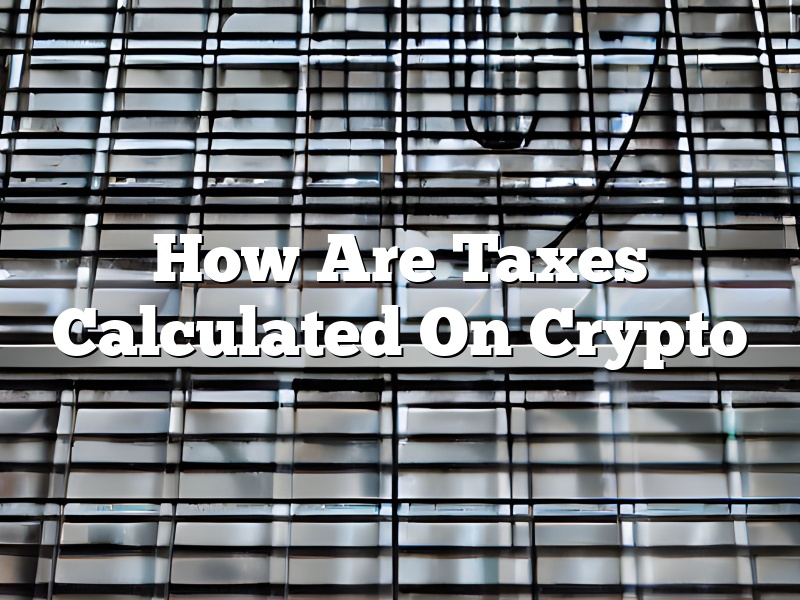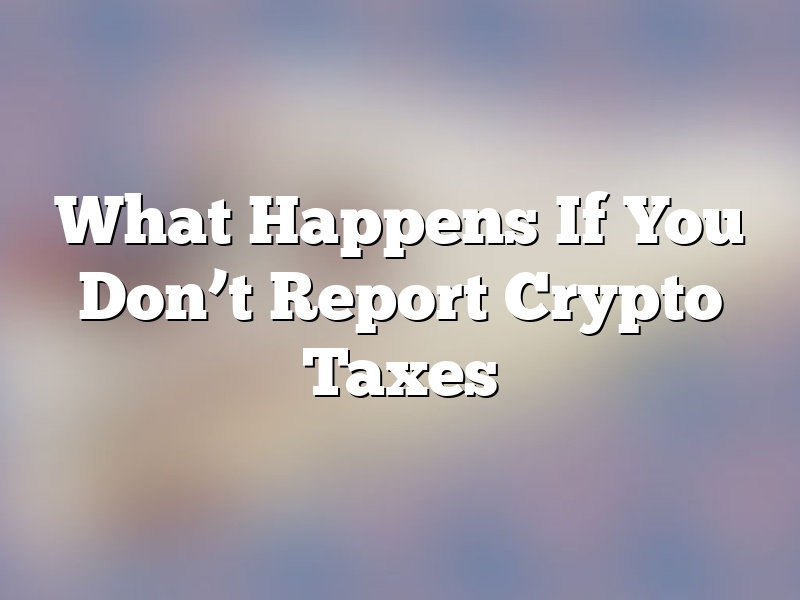Cryptocurrencies are a new and exciting investment opportunity, but for many people, the question of how much tax is owed on them remains a mystery. In this article, we will explore the tax implications of investing in cryptocurrencies and provide some tips on how to minimize your tax liability. Cryptocurrencies are considered property for tax […]
How Does Taxes Work For Crypto
Cryptocurrencies are a new and exciting asset class that presents unique opportunities and challenges when it comes to taxation. Here’s a look at how taxes work for crypto. Cryptocurrencies are digital or virtual tokens that use cryptography to secure their transactions and to control the creation of new units. Bitcoin, the first and most well-known […]
What Is Crypto Tax
Cryptocurrency taxation is a complex and often confusing topic. For taxpayers and tax professionals, it can be difficult to determine how to treat digital currencies for tax purposes. This is in part due to the fact that the Internal Revenue Service (IRS) has not yet issued specific guidance on the taxation of digital currencies. However, […]
How Are Taxes Calculated On Crypto
Cryptocurrencies are a new asset class that present unique challenges for tax authorities. How are taxes calculated on crypto? This article will explore the various ways that taxes can be applied to cryptocurrencies. Cryptocurrencies are digital or virtual tokens that use cryptography to secure their transactions and to control the creation of new units. Bitcoin, […]
What Happens If You Don’t Report Crypto Taxes
Cryptocurrency taxation is a relatively new field, and as a result, there is a lot of confusion surrounding it. One of the most common questions is what happens if you don’t report your crypto taxes? The short answer is that you could face significant penalties from the IRS. If the IRS determines that you have […]
How Does Taxes Work With Crypto
Cryptocurrency is a digital asset that uses cryptography to secure its transactions and to control the creation of new units. Cryptocurrencies are decentralized, meaning they are not subject to government or financial institution control. Bitcoin, the first and most well-known cryptocurrency, was created in 2009. Cryptocurrencies are often traded on decentralized exchanges and can also […]



















0